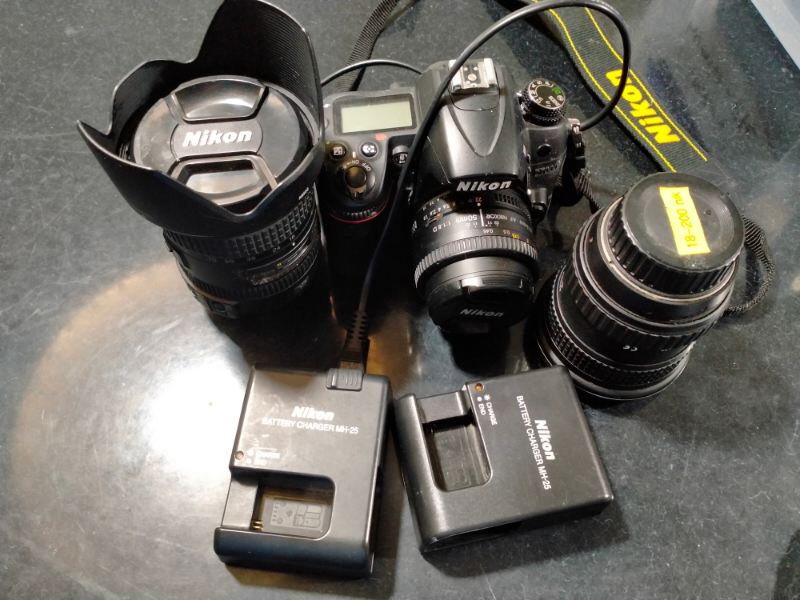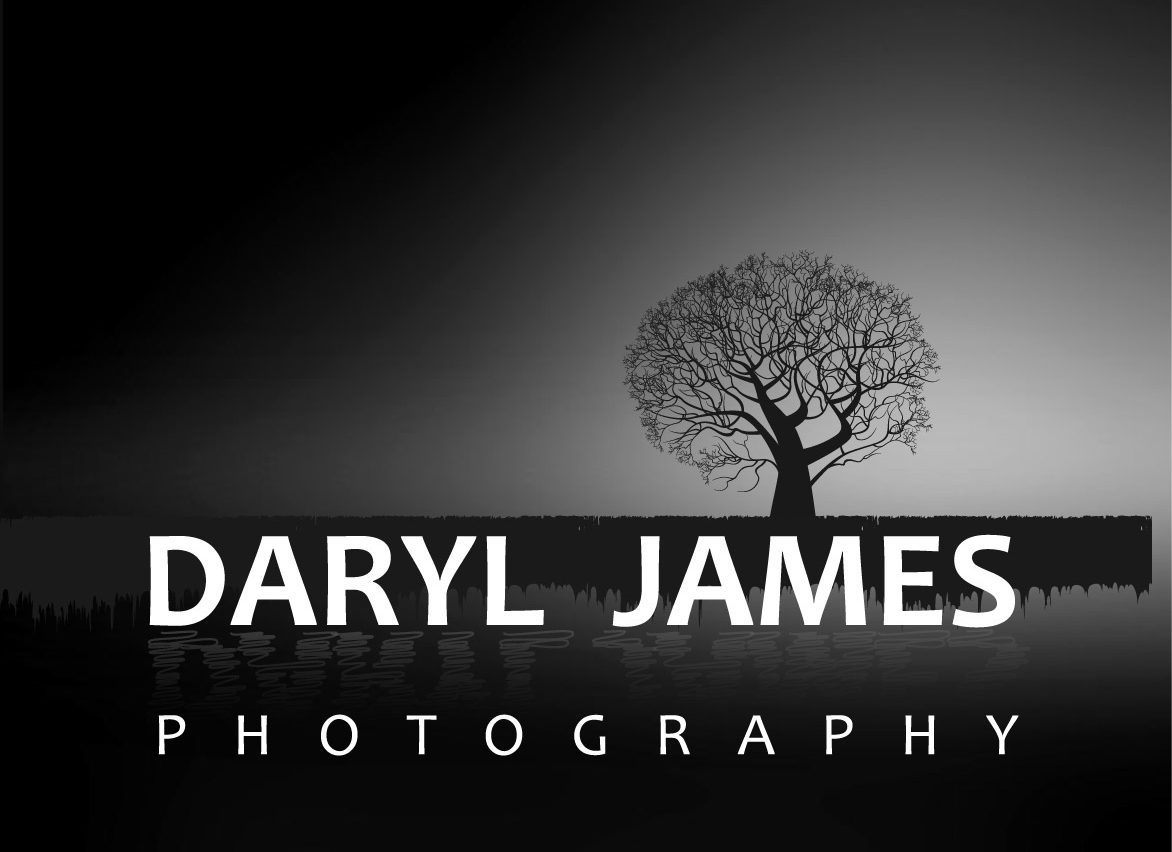Key Features for Beginners to Consider When Buying Their First Camera:
- Shutter speed: Choose a fast shutter speed (e.g., 1/125 or 1/250) to avoid blurry images, especially for black and white photography.
- Lens type: Consider a versatile lens that covers a wide range of focal lengths (e.g., 18-55mm) for capturing different perspectives.
- Image quality: Look for a camera with a good image sensor (e.g., APS-C or full-frame) for sharp and detailed images.
- Ease of use: Choose a camera with intuitive controls and beginner-friendly features to make it easy to learn and use right out of the box.

Choosing Your First Camera: A Beginner’s Guide to Gear Essentials
So you’ve decided to jump into the world of photography! That’s awesome! But with all the camera options out there, picking your first one can feel overwhelming. Don’t worry, this guide will be your cheat sheet to choosing the perfect camera to kickstart your photography adventure.
Here’s the thing: there’s no magic camera that takes amazing photos on its own (although that would be cool!). But there are some features you’ll want to consider to make capturing those stunning black and white photos you love a breeze.
5 main points
1. Freezing the Moment: Shutter Speed
Imagine a photo of a rushing waterfall. At a slow shutter speed, the water would blur into a mess. But with a fast shutter speed (think 1/125th of a second or faster), you can freeze that motion and capture all the details – perfect for black and white photography, where sharpness is key.
2. Seeing the World Through Different Eyes: Lens Type
Think of your camera lens like your eyes. A versatile lens with a broad focal length range (like 18-55mm) is ideal for beginners. It lets you capture wide landscapes and zoom in for portraits, all with one lens. No need to carry a whole camera bag around!
3. Image Quality: Bigger is Better (Usually)
The image sensor inside your camera is like the magic ingredient for photo quality. Bigger sensors (APS-C or full-frame) generally capture sharper and clearer images, especially in low light. While megapixels (MP) also play a role, prioritize sensor size for better overall performance.
4. Keeping Things Simple: Ease of Use
Remember, you’re a beginner! Look for a camera with clear menus, easy-to-use buttons, and automatic shooting modes. These will help you get comfortable with your camera and start snapping away in no time.
5. Bonus Features: The Bells and Whistles
While not essential, some features can make your photography life easier:
- Autofocus: Say goodbye to blurry photos! Autofocus lets you quickly lock onto your subject, even in low light.
- Burst Mode: This mode captures a rapid sequence of photos, perfect for catching fleeting moments or action shots.
- Wi-Fi/Bluetooth: Transfer your photos to your phone or computer wirelessly for easy sharing and editing.
- Viewfinder: Not a must-have, but viewfinders can help you compose your shots and offer a more immersive shooting experience (especially on bright sunny days).
Remember: When choosing your first camera, focus on the key features like shutter speed, lens type, image quality, and ease of use. A camera with a fast shutter speed (around 1/125th), a versatile 18-55mm lens, a larger sensor (APS-C or full-frame if possible), and user-friendly controls will set you on the right track to capturing stunning black and white photos.
Bonus: FAQ for New Camera Owners
Q: What’s the difference between APS-C and full-frame sensors?
APS-C sensors are smaller and more affordable, offering a good balance of image quality and portability. Full-frame sensors are pricier and bulkier, but they provide a wider field of view and generally better low-light performance.
Q: How many megapixels do I need?
For most beginners, 12-20 megapixels is plenty for high-quality photos. Don’t get too hung up on megapixel count – sensor size is more important!
Q: Do I need a viewfinder?
Viewfinders are helpful in bright conditions and offer a more traditional shooting experience, but they can add bulk. If you shoot mostly indoors or prefer a compact camera, an LCD screen is fine.
Q: What other accessories should I get?
A memory card to store your photos, a camera bag for protection, and a tripod for stability in low light or long exposures are essential. Extra batteries, filters, and a flash can be helpful additions down the line.
Now you have the knowledge to choose the perfect camera and embark on your black and white photography journey! Remember, the most important thing is to have fun and experiment. Happy shooting!
